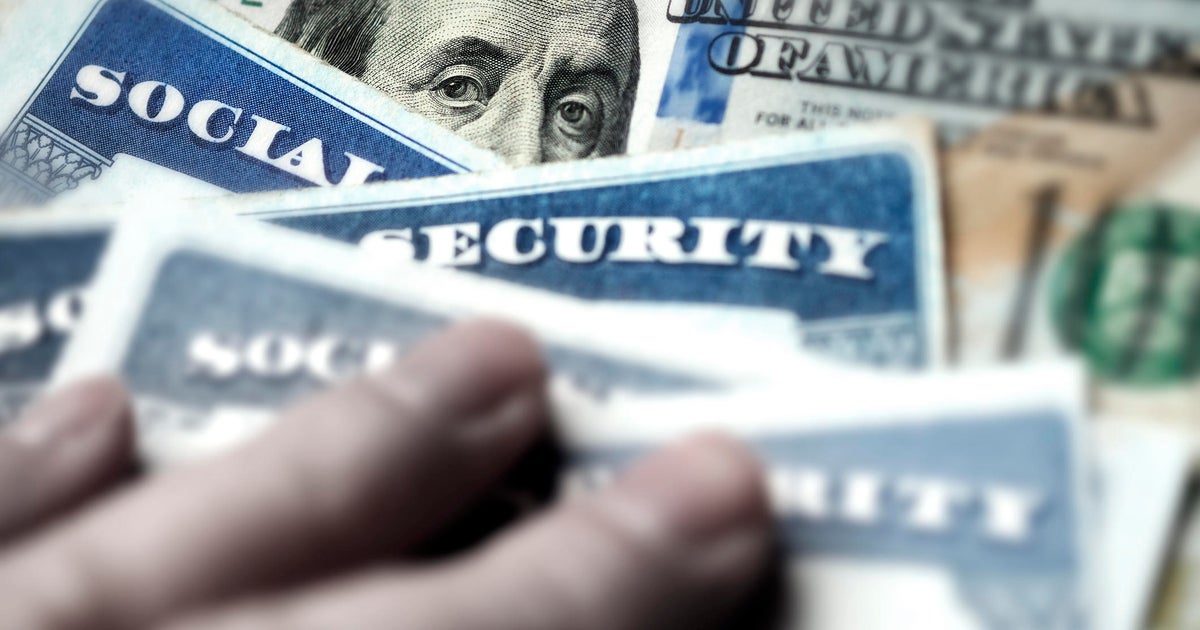Better Business Bureau's top 10 list of riskiest scams
According to the Federal Trade Commission, Americans lost nearly $670 million to scams in 2019. More than 37,000 scams were reported to the Better Business Bureau (BBB). While that number decreased from 2018, the median amount of money lost per scheme overall rose, to $160 per victim — and among victims of cryptocurrency scams alone, the median loss was $3,000. Thirty-five percent of people exposed to one of those scams last year lost money.
The Better Business Bureau's latest "BBB Scam Tracker Risk Report," released today, revealed the top 10 riskiest scams.
The 10 riskiest scams:
- Employment
- Cryptocurrency
- Online purchase
- Fake check/money order
- Advance fee loan
- Romance
- Home improvement
- Investment
- Tech support
- Travel/vacation/timeshare
On "CBS This Morning" Monday, CBS News consumer investigative correspondent Anna Werner explained how some of these scams worked.
Employment
What are employment scams?
"Somebody will say to you, 'Hey, listen, you could make part-time money working from home,'" said Werner. "One of these victims said she was a college student and she shared her story with the BBB. They said you can make $300 and you need to make $300 per quarter if you just sign up for this. But what they're really looking for is your personal information. So, they'll say in order to get this job, you have to provide your personal information, like your birthday, your Social Security number, here is how we're going to pay you."
The scams, Werner said, trade on the promise of a quick return for little effort: "You're not going to get a lot of money for not working very hard. It's a truism. And yet people want to believe that they can."
The scammers will also engage with prospective victims, using a "high touch" approach. "Instead of just sending you a quick email – 'Hey, make money!' – they'll actually engage with the victims. They'll actually have them do some work for the business before they get paid. Sometimes they'll send a check. 'Here's your check. Oh, guess what, we overpaid you. We need you to send us some of the extra money back!' Of course, the first check is a fake. And then you're actually sending them real dollars out of your bank account."
Cryptocurrency
The second-most-prevalent form of scam involves cryptocurrencies, such as Bitcoin.
"Oftentimes what they're appealing to people with is, 'Hey, there's this new kind of thing. You can buy Bitcoin, and you can maximize your money, make thousands of times your money.' And people don't really do the research. Here is a tip: Don't invest in something that you don't understand."
"CBS This Morning" co-host Gayle King said, "Barbara Corcoran did a really admirable thing in admitting publicly that she fell victim to a scam. Tony almost had a similar experience where the email was off just a little bit. Who's most at risk, because you think Barbara Corcoran, and Tony Dokoupil, [they're] savvy people!"
Scammers, said Werner, "are getting smarter and smarter. They're not just sending you the crappy-looking phishing emails. They're actually making them look good. We went up to Microsoft maybe a year and a half ago, and they showed us some of the pages and the emails that are now coming in. because they watch for this stuff, they have a team that does this. And some of them are incredibly sophisticated.
"Unfortunately, as it so often does with us as consumers, you have to watch out for yourself.
"Also, keep in mind, we all hate to admit this, but there's a little bit of a greed factor. People get excited, I can get the five grand. I can make the two grand. And they kind of want to believe it. Because all of us might be a little greedy about trying to get the money."
Romance
The second-riskiest scam for women are romance scams, which are also among the most profitable to scammers. "About $3,000, some people," said co-host Anthony Mason.
"I never understand sending money to somebody you don't know, who you haven't met because they're telling you sweet nothings?" said King.
"I actually have somebody that I know who lost $280,000 to a romance scam," said Werner. "And this person was somebody who was a little bit vulnerable, but as they say in the romance scams, one of the main factors, and a lot of people are 55 to 64 years in age, is loneliness.
"They're very clever. They'll call them on the phone, they'll develop a phone relationship with the victim. The people feel like they've developed a relationship with somebody. [The scammers] will actually say to them on the phone, 'Don't tell your friends and family about us, they'll never understand.' And then they start saying, 'I flew to South Africa, I'm on my way to you, I was in an accident, my daughter couldn't get out of the hospital. I just need two grand.' Next time it's, 'I need four grand.' Next time it's three hundred."
King said, "And by then you feel like you've built up a relationship with someone and you want to help them."
"You have; it's just not a real one," said co-host Dokoupil.
Top payment methods used by scam victims:
Credit cards, followed by online payment systems (e.g., PayPal), bank account debits, prepaid cards, and wire transfers.
Top legitimate organizations or brands impersonated by scammers:
- Social Security Administration
- Publishers Clearing House
- Microsoft
- Internal Revenue Service
- Apple
- Amazon
- Medicare
- Walmart
- Cash Advance/Advance America
- Better Business Bureau
- U.S. Treasury
- PayPal
- Dominion Energy
- Capital One
To learn more about scams, go to BBB.org/ScamTips.
To report a scam, go to BBB.org/ScamTracker.



